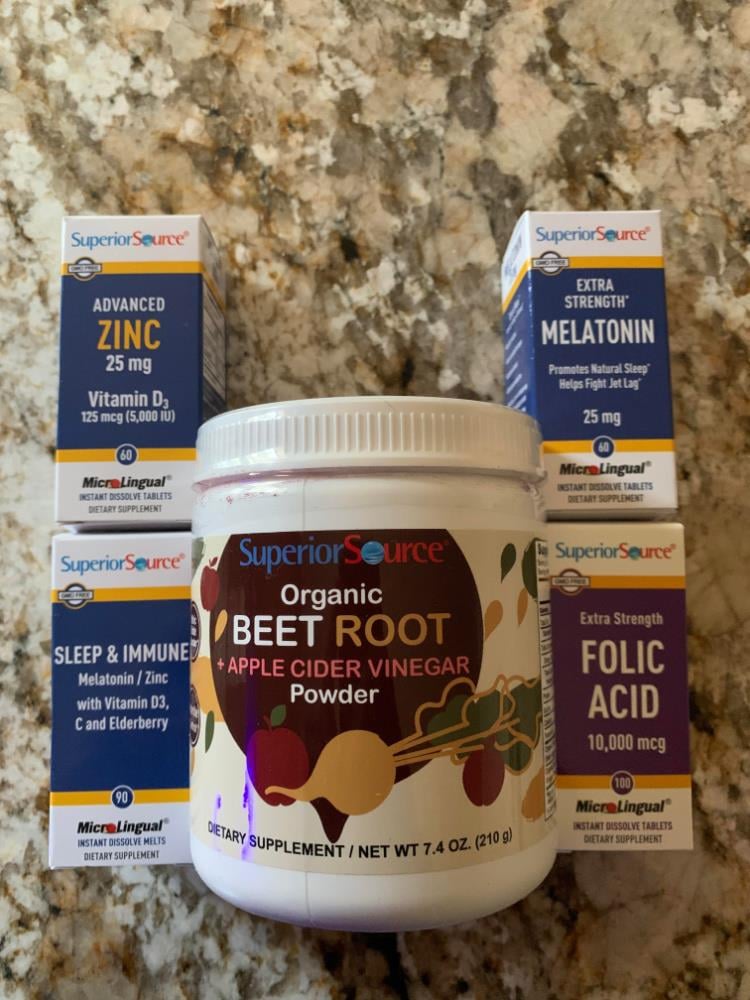Poetry Book Writing Tips for Absolute Beginners
It doesn't matter if you have never written a poem in your life, it is time to start. This article will teach you the basics of poetry writing and give you a few tips for getting started. You'll learn about a meter, rhyme scheme, and other poetic elements that make poems work so well. But first things first: what exactly is poetry? In its most basic definition, poetry is just words put together in an order that expresses thoughts and feelings in an interesting way. It can be as simple as one sentence or as complicated as something with meter and rhyme. So, if this seems interesting to you, then read on for a few tips to jump-start your writing.

1) You'll Need A Publisher
Before you even start on your poems, you need to find a publisher. According to several poetry publishers, this is important because it will be necessary for you to know which company publishes poetry. There are several key criteria that publishers should meet.
- Reputation – It needs to have a strong reputation for quality and success. Check the bookstores and libraries in your area and look for the publisher's books. If you don't see them there, the publisher is not worth your time.
- Accessibility – Look for a publisher that has an online presence and easy to access information on its submission process.
- Popularity – Check the number of published poems in anthologies and magazines to get a sense of how active this publishing company is in the poetry community. If it has published works from other well-known poets, that is a good sign as well.
- Contracts – When you find a publisher, request and look over potential contracts before you send your poems in to make sure they don't have too many rights or restrictions on them. Most publishers will allow you to retain the copyright for your work.
2) Find Inspiration
Now that you know some technical things about poetry, it's time for the creative side of things. Poetry is just words on paper, but if you want something that people will enjoy reading, then you need to find inspiration. Inspiration may come from nature or objects, or specific life experiences. Some poets are inspired by emotions, while others are motivated by music and prose. Without some kind of inspiration, you don't have a poem. You can find inspiration anywhere, nature, for example. Spend some time outside and really look at the things around you. If you're inspired by nature, write about trees, flowers, the sea-anything that interests you. Also, as we already mentioned, you can be a great inspiration for poetry as well. You'll need to do some introspection and pay attention to your feelings. What makes you upset, sad, or angry? How do you feel when the world seems dark and gray?
3) Develop Technique
Once you have inspiration for your poetry, it's time to start developing techniques. The first thing is the meter or rhythm. This is an essential part of many poems that gives them their strength and beauty. Meter is simply how the words are put together, but it's more than just a list of words that sound good when they're read out loud. When you read each word, do certain syllables in certain quantities stand out? If so, then you have a meter. The reason meter matters is because when people read your poem aloud, it should sound almost musical, creating a sense of rhythm to the piece.
When it comes to the rhyme scheme, you can find a rhyming dictionary online and check out some of the rhymes listed there. You'll notice that many words sound similar, even though they may be spelled quite differently. Also, pay attention to the number of syllables in each word, as this will help you match most words with their closest rhyming partners.
4) Set Some Time Aside Every Day For Writing
It's important to set aside some time each day for writing poems. It may seem like a daunting task, but it will be your routine, and you'll find that once you get started, it's much easier than you thought. And remember, there are no rules. If you want to write about strange creatures living in the sunshine, then go ahead. There are no limits to poetry, so don't be afraid to let your imagination run wild. You will just need to be persistent about your work and challenge yourself to come up with something fresh each day.
5) Read Poetry
Besides writing, you should also spend some time reading poetry. Not only will it help inspire more ideas and even techniques for your own work, but it will also give you an idea of the kinds of poems that are out there and what people like to read. You can check out famous poems as well as some that were written by other beginners just like yourself. You'll also see what types of poems people typically like to read in books and publications. Keep in mind that most writers are readers, so don't forget to let your interests in other poetry spill over into your own work when you're coming up with ideas.
Reading about the business side of publishing can also be helpful. You can learn a lot about pricing, rights, and other publishing-related questions that you might have.
6) Revise Your Poems
It's not enough to write poems for the sake of writing poems. You need to go back and look at what you have written, taking into account all the things you've learned about poetry. Sometimes, this may mean reading your words out loud and paying attention to how they sound. Grammatical errors can also ruin a reader's experience with your work, so make sure that everything is in its right place. Make sure that all your wording makes sense, both by itself and within the context of the poem.

Poetry is a form of art that can be quite challenging to get started with. You may think you have nothing worthwhile or inspiring in your head, but the truth is there are many ways to find inspiration for poetry. If you're looking for some good ideas, try reading other people's poems and pay attention to what they inspire within you-even if it doesn't seem like much at first glance! Also, when starting out, you should also think about publishing your work. There are many things that need to be taken into consideration when it comes to writing poetry, but we hope this article has given you some ideas on how to get started.



